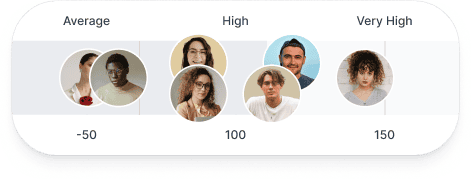The role of a web developer is to design, build, maintain, and improve the performance of websites. They do this by writing, editing, and maintaining code using a variety of programming languages such as JavaScript, Python, and PHP.
Some web developers become very specialized in one area of web development, such as front-end development or back-end development. However, many web developers maintain a more general set of web development skills. This type of web developer is called a full-stack developer.
Front-end web developers create the elements of a website with which users interact. This is called the user experience or user interface. They do this by using programming languages such as HTML and CSS. A deep understanding of these markup languages is crucial.
Back-end web developers focus on the back-end parts of the website such as the databases. Backend developers use common programming languages such as PHP and Python.
Finally, full-stack developers do both front-end and back-end development. This means they have the ability to work across all parts of a website. Developers with full-stack development experience are highly sought after. This is due to their complex skill set and versatility2.
Some people believe that web developers and software developers (also known as computer programmers) do the same job. This isn't true. They are actually two separate roles. Web developers write, test, and analyze code for websites. Software development covers more applications than just websites. These include mobile apps, desktop software, and network infrastructure. It’s common, however, for web developers to work alongside software developers.
Web developers are needed across both the public and private sectors. If you don't want to work as part of an in-house team, you can also work for a website development agency. This means web developers have many job opportunities to choose from. If you're looking for a career with a wide variety of work, becoming a web developer is an excellent choice.








.svg)











%20(1)-2.png)
